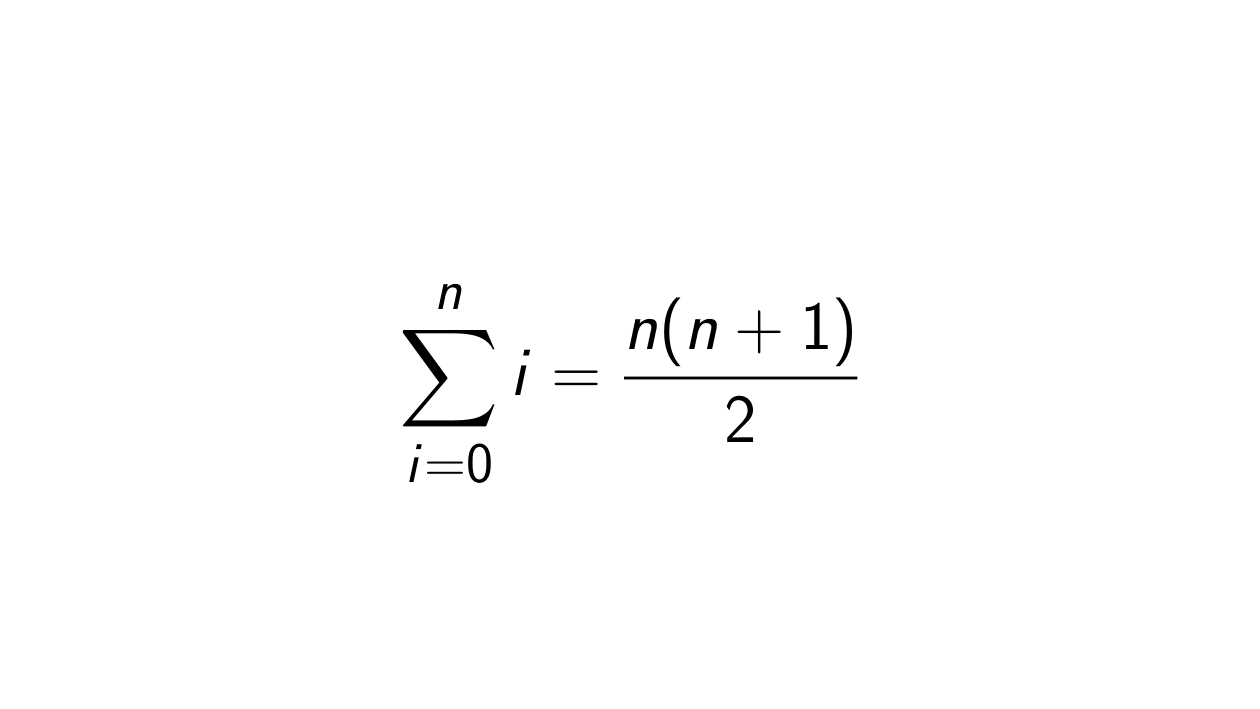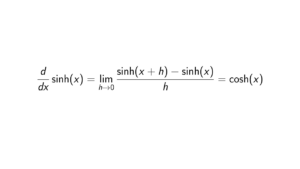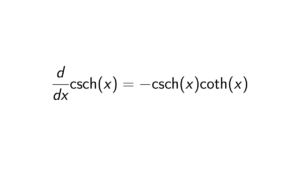\begin{equation*}
\sum_{i = 0}^n i = \frac{n(n+1)}{2}
\end{equation*}\begin{equation*}
\sum_{i = 0}^0 i = 0 = \frac{0(0+1)}{2} = 0
\end{equation*}\begin{align*}
\sum_{i = 0}^{n+1} i &= \frac{(n + 1)((n + 1) +1)}{2} \\
&= \frac{n(n+1) + 2n + 2}{2} \\
&= \frac{n(n+1)}{2} + \frac{2n + 2}{2} \\
&= \frac{n(n+1)}{2} + (n + 1) \\
&= (\sum_{i = 0}^{n} i) + (n + 1) = \sum_{i = 0}^{n + 1} i
\end{align*}Proof 2. Another way to prove it is to reverse the sum from n to 0, i.e.,
\begin{align*}
n + (n-1) + \cdots + 2 + 1
\end{align*}\begin{alignat*}{4}
1 &+ 2 &&+ \cdots &&+ (n - 1) &&+ n \\
n &+ (n-1) &&+ \cdots &&+ 2 &&+ 1\\
\end{alignat*}\begin{equation*}
2 \cdot \sum_{i = 0}^n i = n(n + 1)
\end{equation*}\begin{equation*}
\sum_{i = 0}^n i = \frac{n(n+1)}{2}
\end{equation*}

